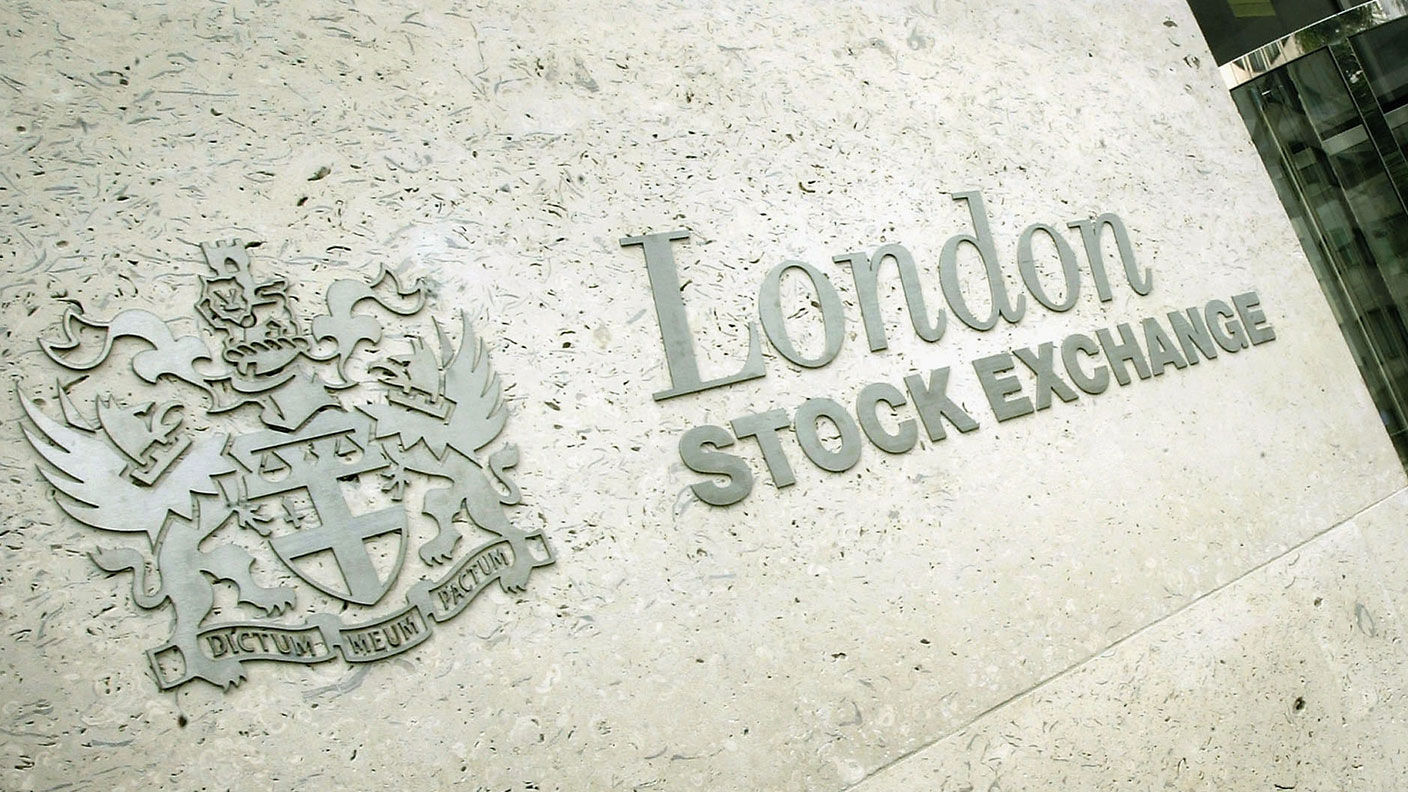Why we’re keeping RIT Capital Partners in our portfolio
The RIT Capital Partners investment trust has lost 10% so far this year. But its longer term record is exceptional, says Merryn Somerset Webb.


Get the latest financial news, insights and expert analysis from our award-winning MoneyWeek team, to help you understand what really matters when it comes to your finances.
You are now subscribed
Your newsletter sign-up was successful
Want to add more newsletters?

Twice daily
MoneyWeek
Get the latest financial news, insights and expert analysis from our award-winning MoneyWeek team, to help you understand what really matters when it comes to your finances.

Four times a week
Look After My Bills
Sign up to our free money-saving newsletter, filled with the latest news and expert advice to help you find the best tips and deals for managing your bills. Start saving today!
One of the core components of the Moneyweek Investment Trust Portfolio is RIT Capital Partners (LSE: RCP). We hold it for its generally cautious approach and long-term record of capital preservation.
There’s an update on the portfolio as a whole in our Isa supplement (out 18 March) in the magazine (RIT stays in it!) but we were pleased to see that RIT’s just released final results back up the case for continuing to hold it.
It saw a total net asset value (NAV) return last year of 23.6% against 20% for the MSCI AC World Index – not bad given that the trust has relatively low overall equity exposure. This year hasn’t gone so well (for anyone).
MoneyWeek
Subscribe to MoneyWeek today and get your first six magazine issues absolutely FREE

Sign up to Money Morning
Don't miss the latest investment and personal finances news, market analysis, plus money-saving tips with our free twice-daily newsletter
Don't miss the latest investment and personal finances news, market analysis, plus money-saving tips with our free twice-daily newsletter
The shares are currently off 10% in the year to date and trading on an 8% discount to their NAV. However the trust remains nicely defensive – only 35% in equities with hedges in place in the more expensive software stocks alongside a rising exposure to European value and to commodity sensitive positions, for example.
The managers note that they expect 2022 to be a tricky year, but also that, while “volatility can often feel uncomfortable... the flipside is that if markets react indiscriminately this can also provide opportunities”.
The analysts at Numis remain fans. They approve of the firm’s high level of exposure to unlisted investments (now well over 30% of the portfolio) and its careful approach to new positions.
The result of this has been a long term NAV total return of 11.3% a year, something that is “significantly ahead” of global equity markets, as well a tendency to participate in most of the market upside (74% of the tie since launch in 1988) and not much of the downside (38%).
It is an exceptional long term record – and the reason why it is staying in our portfolio, and staying as the “core long term recommendation in the Global Investment Companies sector” from Numis.
Get the latest financial news, insights and expert analysis from our award-winning MoneyWeek team, to help you understand what really matters when it comes to your finances.

-
 New PM Sanae Takaichi has a mandate and a plan to boost Japan's economy
New PM Sanae Takaichi has a mandate and a plan to boost Japan's economyOpinion Markets applauded new prime minister Sanae Takaichi’s victory – and Japan's economy and stockmarket have further to climb, says Merryn Somerset Webb
-
 Plan 2 student loans: a tax on aspiration?
Plan 2 student loans: a tax on aspiration?The Plan 2 student loan system is not only unfair, but introduces perverse incentives that act as a brake on growth and productivity. Change is overdue, says Simon Wilson
-
 Profit from MSCI – the backbone of finance
Profit from MSCI – the backbone of financeAs an index provider, MSCI is a key part of the global financial system. Its shares look cheap
-
 Ashoka: A new, but reliable, trust you can count on
Ashoka: A new, but reliable, trust you can count onOur investment columnist, Max King, says tough times breed investment trusts like Ashoka, that you can trust.
-
 Halifax: House price slump continues as prices slide for the sixth consecutive month
Halifax: House price slump continues as prices slide for the sixth consecutive monthUK house prices fell again in September as buyers returned, but the slowdown was not as fast as anticipated, latest Halifax data shows. Where are house prices falling the most?
-
 Rents hit a record high - but is the opportunity for buy-to-let investors still strong?
Rents hit a record high - but is the opportunity for buy-to-let investors still strong?UK rent prices have hit a record high with the average hitting over £1,200 a month says Rightmove. Are there still opportunities in buy-to-let?
-
 Pension savers turn to gold investments
Pension savers turn to gold investmentsInvestors are racing to buy gold to protect their pensions from a stock market correction and high inflation, experts say
-
 Where to find the best returns from student accommodation
Where to find the best returns from student accommodationStudent accommodation can be a lucrative investment if you know where to look.
-
 The world’s best bargain stocks
The world’s best bargain stocksSearching for bargain stocks with Alec Cutler of the Orbis Global Balanced Fund, who tells Andrew Van Sickle which sectors are being overlooked.
-
 4 funds for global growth
4 funds for global growthFactor funds are a cheap way to build a portfolio with less bias towards technology or America, says David C Stevenson.